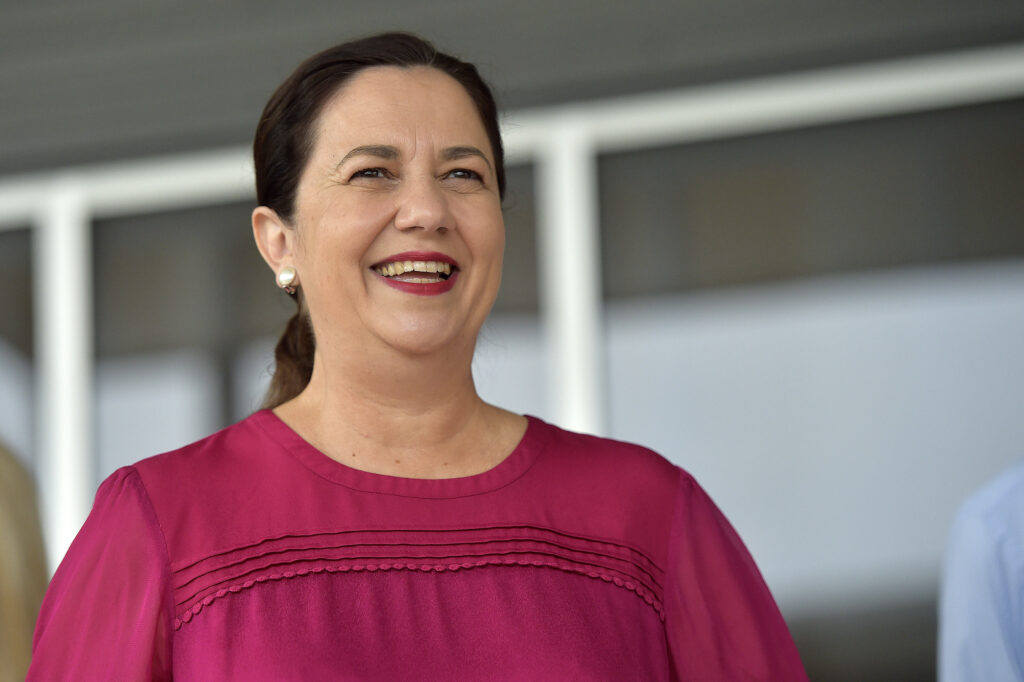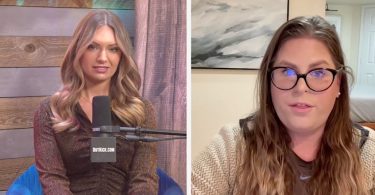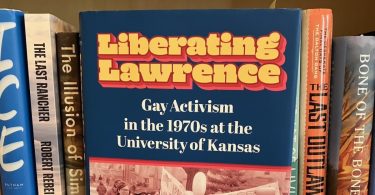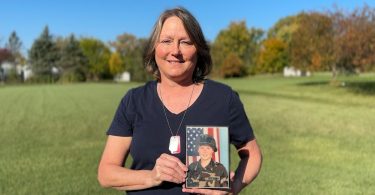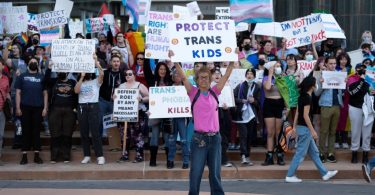The rapid test would work in conjunction with the vaccine rollout, allow travellers to be checked at the airport to see if they have an appropriate level of COVID-19 immunity.
The 15 minute test would allow authorities to determine if a person is a risk to other travellers or could be at risk of contracting the virus themselves.
The screening process is being put forward to Australian and New Zealand governments, with the possibility of being trialled at some airports by mid-2021.
Earlier this week, the TGA approved the Pfizer vaccine for use in Australia, with the first doses set to be rolled out by the end of February.
Read on for all the latest COVID-19 updates.
Live Updates
The Queensland border will reopen to all of NSW from February 1, after the state shut the borders to Greater Sydney residents just days before Christmas.
Premier Annastacia Palaszczuk made the announcement on Nine’s Today show on Thursday morning.
“It has been a really, really long haul, and it has been tough on everybody, but I’ve always maintained, I have to keep Queenslanders safe,” she said.
“I can announce for you that the NSW border will reopen on the 1st of February. So it’s a great time for families to be reunited, but also, too, for people to plan their holidays.”
Picture: Matt Taylor
The border restrictions will be eased for 35 NSW LGA’s from Monday, provided there is no major change in the state’s COVID-19 situation.
NSW recorded its 10th day of no locally acquired coronavirus infections on Wednesday.
“I will be taking advice from (Chief Health Officer) Dr (Jeannette) Young and the Health Minister and we will be carefully looking at those issues,” Ms Palaszczuk said yesterday.
Queensland slammed the borders shut to Greater Sydney, Wollongong, the Blue Mountains and the Central Coast on December 21 after a COVID-19 outbreak in the northern beaches.
Anyone who has been in these areas in the past 14 days is only allowed to enter Queensland if they are a returning resident or have an essential reason for entering.
A military bomb disposal team was called to a COVID-19 vaccination production site in the UK on Wednesday because of a suspicious package.
Production was halted and staff were evacuated from the Wockhardt site in Wrexham, north Wales, following the discovery.
The facility is manufacturing the AstraZeneca coronavirus vaccine.
The pharmaceutical and biotech company said later that the package was made safe and employees were allowed back into the building.
No further details were given about the nature of the package.
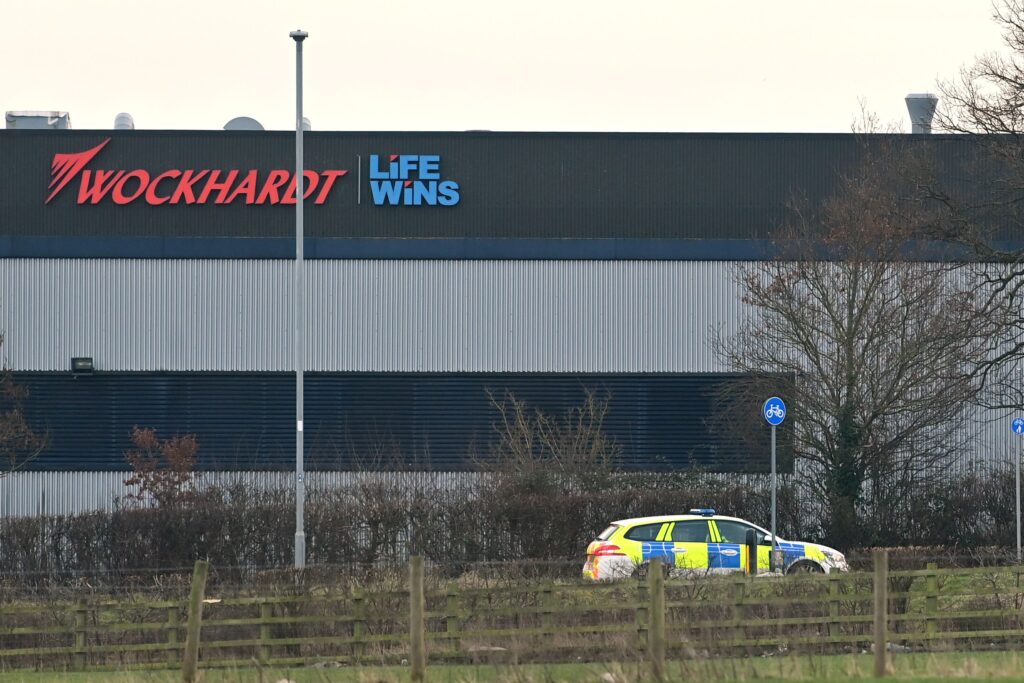
Picture: Paul Ellis/AFP
“This temporary suspension of manufacturing has in no way affected our production schedule and we are grateful to the authorities and experts for their swift response and resolution of the incident,” a spokeswoman said.
The Wockhardt plant employs some 400 people. The Ministry of Defence said an explosive disposal unit was called out just after 11.30am to assist at the scene.
North Wales Police closed roads in and around the site during the operation.
-AFP
Australians have been told not to hold their breath waiting for international travel to return, but there is one simple test that could be the key to reopening the borders.
The rapid test would work in conjunction with the vaccine rollout, allow travellers to be checked at the airport to see if they have an appropriate level of COVID-19 immunity.
The 15 minute test would allow authorities to determine if a person is a risk to other travellers or could be at risk of contracting the virus themselves.
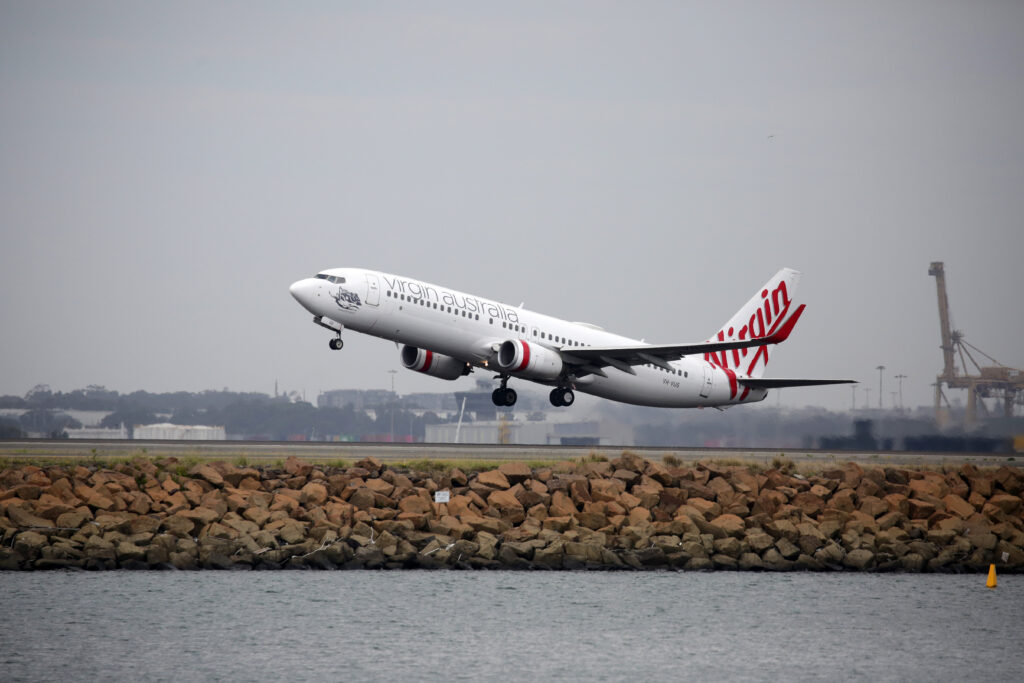
Picture: NCA NewsWire/Christian Gilles
The technology is being developed by New Zealand-based company Orbis Diagnostics and French multinational technology firm IDEMIA, the Herald Sun reports.
The screening process is being put forward to Australian and New Zealand governments, with the possibility of being trialled at some airports by mid-2021.
With the government indicating that immunisation could be a requirement of international travel in the future, this test would allow people to travel with even more certainty.
“The process is fast, and once a person’s immunity has been accurately determined, they could bypass quarantine with the assurance there is no substantial risk of causing a fresh outbreak,” Orbis Diagnostics chief executive Brent Ogilvie told the publication.
Queensland has announced its plan for a series of specialised “vaccination hubs” to be set up within weeks across the state, providing Australians with some insight as to how the process might work across the country.
The state’s health chief, Dr Jeanette Young, announced six COVID-19 vaccination sites will be rolled out first in the main cities where incoming travellers are in quarantine: Cairns, Townsville, the Sunshine Coast, Gold Coast and Brisbane’s north and south.
“We will start there with our first six hubs, then as we get those newer vaccines that can be distributed more easily … we’ll be able to spread that vaccine throughout the state,” she said, while confirming discussions with the government over the sites had taken place.
Frontline and quarantine workers will take first priority – about 170,000 – with Dr Young confirming jabs will start immediately once the Federal Government makes supplies of the Pfizer vaccine available, which is expected in late February.
Pfizer has secured help from an unlikely source to help it produce another 100 million vaccine doses as it struggles to deliver on its orders.
French pharmaceutical company Sanofi, which has had to delay delivery of its own COVID vaccine, will help produce up to 100 million doses of Pfizer’s in-demand jab.
Sanofi announced it will help fill and pack the US vaccine at its German plant in Frankfurt, according to Reuters.
Pfizer, along with other vaccine manufacturers such as AstraZeneca, has been struggling to meet the huge demand for its shots.
Safoni’s own vaccine, which was being developed with Britain’s GlaxoSmithKline, has had its launch delayed to late this year after it showed an insufficient immune response in older people.
There has been fury this week about delayed delivery of Pfizer and AstraZeneca vaccines to European countries, which may also impact delivery of Australia’s doses.
The European Union announced plans this week to start tracking vaccine shipments exported to non-member countries after AstraZeneca admitted it could not meet its commitments.
It came one week after US group Pfizer said it was also cutting early delivery volumes of its vaccine.
Acting Chief Medical Officer Professor Michael Kidd says Australia has now marked 10 days of no community transmission.
“The last long stretch of no cases of community transmission was 12 days from December 3rd to the 14th last year,” he said.
The total number of cases seen is now at 28,786.
“Over the past 10 days 100 per cent of the new cases of COVID-19 in Australia have been in overseas arrivals and all these people have been either in hotel quarantine or at the Howard Springs facility in the Northern Territory.”
A raft of restrictions are set to ease across Greater Sydney and surrounding areas from Friday morning.
Premier Gladys Berejiklian announced many of the tough restrictions brought in to tackle a recent COVID-19 outbreak would be rolled back at 12.01am Friday.
The changes include:
– Increasing the limit on household visitors to 30
– Increasing outdoor gathering limits to 50
– Weddings and funerals will be able to have up to 300 attendees, complying with the four square metre rule
– Venues and places of worship will have no capacity limit but still have to adhere to the four square metre rule
– Compulsory mask wearing will remain on public transport, at hairdressers and beauticians, in places of worship, gaming rooms, and for some hospitality workers
– Masks are no longer compulsory in other settings, such as retail shopping
Ms Berejiklian said while masks aren’t mandatory in many settings, it was still recommended that people wear a mask if they can’t practice social distancing.
“It is mandatory to wear a mask on public transport. No questions asked. It is mandatory to wear a mask in a place of worship. And it’s also mandatory to wear a mask if you’re a front-facing hospitality worker. It’s also mandatory to wear a mask if you’re in a gaming venue,” she said.
“We recommend people wear masks if vulnerable and can’t guarantee social distancing. We asked supermarkets and other places to consider what their staffing policy might be around masks. We’re not suggesting it is compulsory, because the contacts there are casual. People are in and out. But that is a critical issue.”

